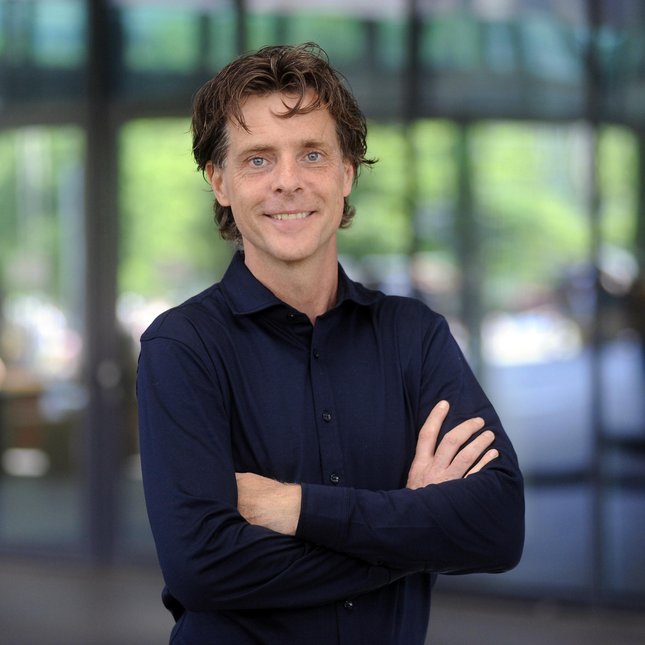At TU/e, 'scalpels' (doctors) and 'screwdrivers' (technicians) have been working together for years. According to Dekker, this works so well because they speak each other's language and face similar challenges. The biggest obstacle is dealing with the gigantic amount of data and its use in practice.
New technologies make it easier to focus on the patient, says Dekker to the Heart Foundation. "We have known for years that 'prevention is better than cure', and yet doctors are still paid to treat, not to prevent treatment. With modern data analysis, we can really focus on the future." But he also argues that both patients and doctors have to get used to the possibilities and have to be careful. At the same time, however, developments should not be slowed down, says Dekker. But how do you do that?

Better solutions
According to Dekker, doctors and engineers should seek cooperation and learn from each other. The old-fashioned response to a problem, such as death after a major operation, has been to have nurses make even more rounds. Measure more and register even more. Engineers sometimes have better solutions for this. Conversely, technologists have to learn that it is about the patient and not about the technical development itself.
e/MTIC, the Eindhoven MedTech Innovation Centre, plays a central role in the collaboration that Dekker has in mind. This is the cooperation between TU Eindhoven, Philips, Máxima Medical Center, Catharina Hospital and the Kempenhaeghe Expertise Center should lead to more technical innovation in healthcare. Around a hundred TU/e PhD students are working within the consortium, together with a comparable number of experts and scientists from TU/e, the hospitals and Philips. Over the last 15 years, the parties have already worked bilaterally on projects with different focus areas. The partners expect that the intensive collaboration between clinic, science and industry will significantly shorten the development time from research to result for the patient.
The full interview (in Dutch) can be read at the Heart foundation
Source: Heart foundation and Philips